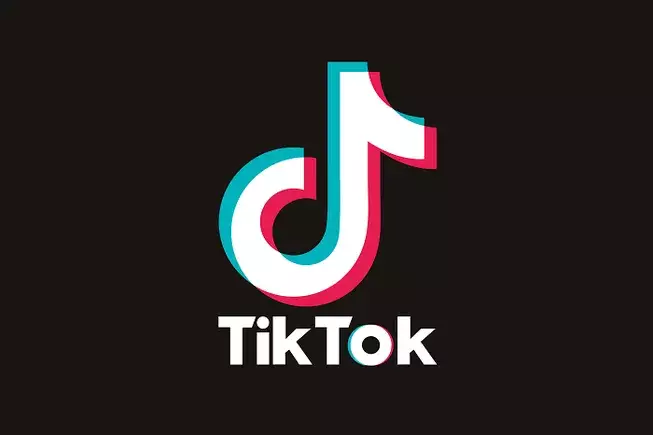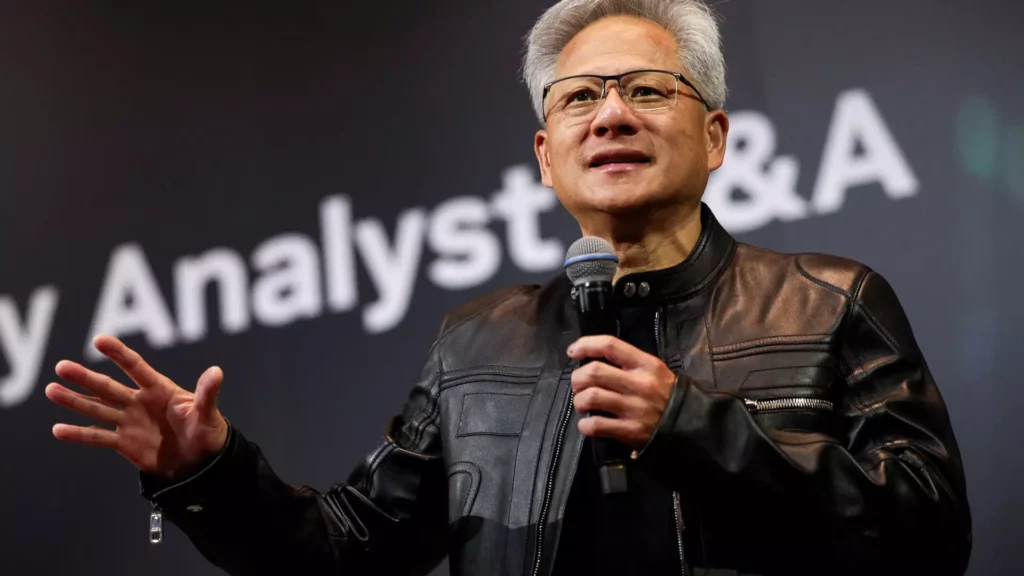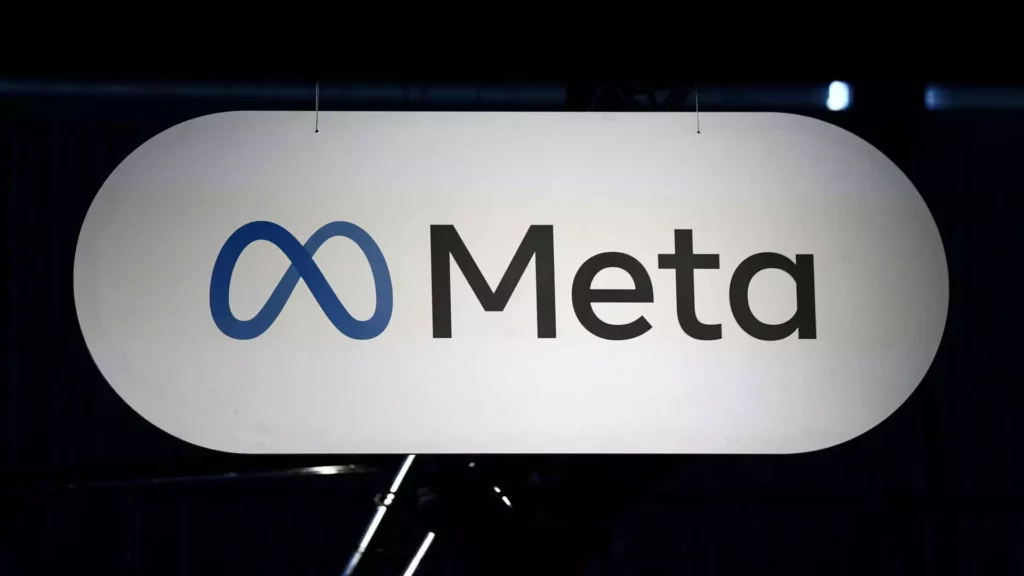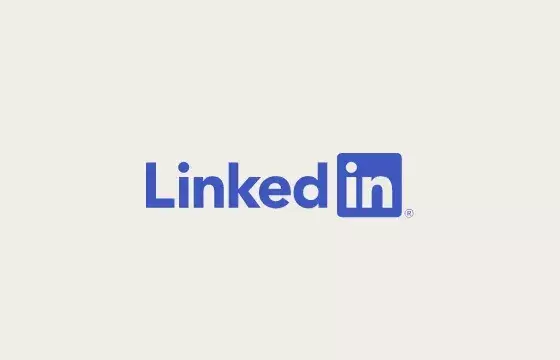With its meteoric rise in popularity, TikTok has swiftly transitioned from a fun, lighthearted platform to a focal point for intense political scrutiny in the United States. Owned by the Chinese conglomerate ByteDance, the app finds itself entangled in the web of national security vulnerabilities—an ironic twist for a platform that thrives on user-generated content and creativity. Bipartisan efforts to mitigate perceived threats culminated in the stern “Protecting Americans from Foreign Adversary Controlled Applications Act,” which mandates that TikTok must be divested from its Chinese ownership or face a ban in the U.S. market by April 4th. This predicament isn’t merely a bureaucratic hurdle; it echoes profound concerns regarding sovereignty and the integrity of American digital space.
The stakes are alarmingly high. The U.S. boasts one of TikTok’s largest user bases, with over 100 million Americans engaged in daily interactions on the platform. Any abrupt disruption would not only inconvenience countless users but also interfere with the operations of countless content creators and influencers who have built their livelihoods around this social media giant. For ByteDance, the consequences of failure loom large—both financially and reputationally.
Negotiating Nuances
Enter J.D. Vance, the U.S. Vice President who is heralding negotiations to salvage TikTok’s U.S. presence. He professes cautious optimism that talks will yield a favorable outcome, possibly involving a partnership with Oracle, one of America’s tech stalwarts. While his assertions may signal a glimmer of hope, the path remains foggy. The complexities of working with a foreign entity raise vital questions about governance, operational control, and user trust. Can Oracle provide the necessary oversight to assuage U.S. fears, while ByteDance genuinely relinquishes its grip on a platform that thrives on data and international engagement?
This intermingling of economic interests with the urgent cry for greater oversight raises intrinsic dilemmas. The bipartisan nature of the negotiations indicates that despite the market-to-market discussions, national security concerns are non-partisan; they are woven into the fabric of the U.S.’s tech policy frameworks. However, the deal’s success hinges on how both sides navigate these murky waters amidst geopolitical tensions.
A Shadow from the Past: Trump’s Influence
One cannot discuss TikTok without acknowledging the substantial influence of former President Donald Trump. His administration’s previous attempts to ban the app shone a glaring light on national security anxieties, marking technology-mediated diplomatic relations as a hot-button issue. Trump’s backing of Oracle’s potential role in the negotiations adds further intrigue—I can’t help but feel wary of politics intertwining with corporate dealings, as it could lead to an uneven playing field that disadvantages firms unaligned with political connections.
Furthermore, Trump’s repeated assertions about multiple offers on the table complicate the landscape. These claims may carry the potential to accelerate negotiations, but they simultaneously create atmospheres of skepticism. The American public is right to question whether a solution rooted in political favoritism genuinely addresses the underlying national security concerns or merely placates the political sphere.
Impact on User Trust and Cultural Identity
As these negotiations unfold, one critical element looms large: user trust. The credibility of TikTok as a platform—and, by extension, its parent company—could hinge significantly on how this transition is managed. Will a deal lead many users to feel that their data is being adequately protected, or will it engender fear of corporate overreach and reduced autonomy? Despite the potential for a restructured TikTok anchored in American roots, backlash from users could redefine the cultural identity that has made the platform a staple of modern social media.
Moreover, there are concerns about the dilution of TikTok’s original ethos. Lauded for its vibrant creative community, a corporate overhaul risks alienating the very users that propelled it to success. Should users perceive TikTok’s sell-off as a betrayal, the ramifications could be dire—not just for the app but for the landscape of digital creativity as a whole.
Looking Ahead: What Lies Beyond TikTok?
As the clock ticks down to the April deadline, the fate of TikTok hangs in a delicate balance. But the implications of this decision stretch far beyond the app itself. The outcomes of these negotiations could fundamentally alter how American companies operate in a landscape rife with national security scrutiny and geopolitical friction. A successful resolution may pave the way for tech companies to thrive while adhering to stringent safeguards, thus safeguarding both national interests and the vibrant, diverse culture that platforms like TikTok cultivate.
With user data integrity and transparent governance increasingly crucial in the post-pandemic world, both sides must tread carefully. If executed effectively, this partnership could stand as a testament to the resilience of technology amid shifting tides in international relations, even as we remain mindful of the societal and ethical stakes involved.









Leave a Reply